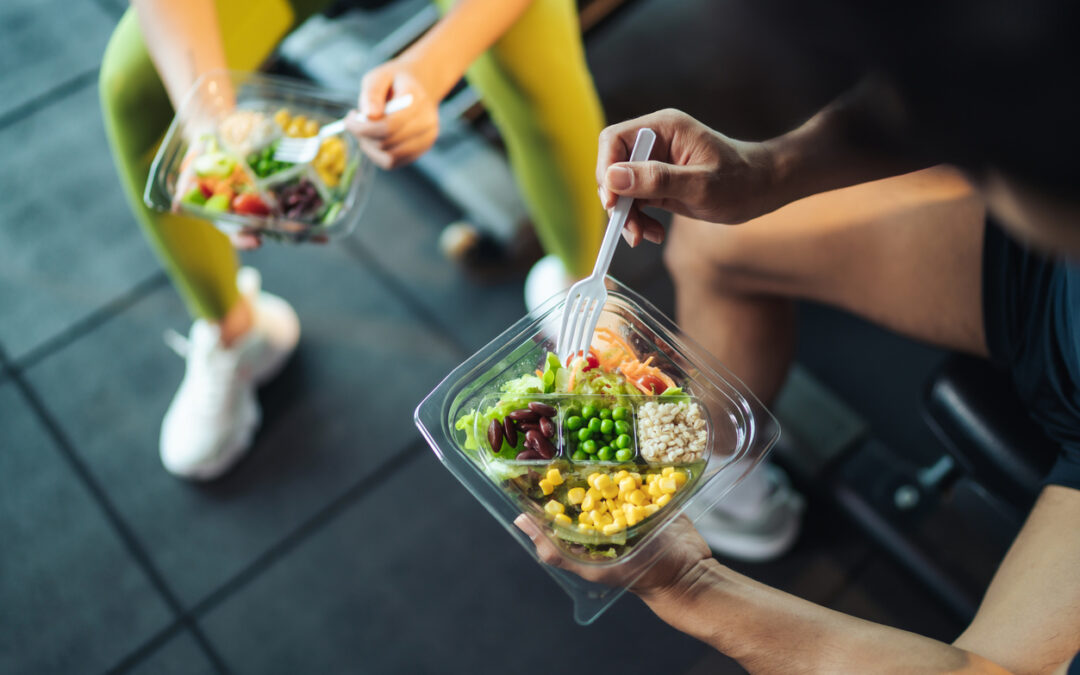Our tendons and ligaments are vital for everyday movement, supporting our active lives. What we eat plays a significant role in our well-being and performance. When striving to reach your health and fitness goals, a balanced diet becomes a critical part of your journey.
Tendons and ligaments are essential parts of our musculoskeletal system, made up of strong collagen and elastin tissues. They lack the elasticity of muscles and don’t stretch much. Tendons anchor muscles to bones, facilitating bone movement during muscle contractions, while ligaments connect neighboring bones, maintaining skeletal integrity. Think of them as the support cables that keep your body aligned and mobile. Every muscle has a tendon, and every joint has at least one ligament.
Your dietary choices influence the health and functionality of your tendons and ligaments. Several key nutrients are crucial for maintaining these vital tissues.
Essential Nutrients for Healthy Tendons and Ligaments
- Protein: The foundation of tendons and ligaments is protein. Collagen provides strength, while elastin contributes elasticity. Your diet supplies the protein your body needs to generate new collagen and elastin, ensuring the resilience of tendons and ligaments. Active individuals typically require 0.5 to 0.75 grams of protein per pound of body weight, and for serious athletes, this requirement may increase to 1 gram per pound.
Recommended Protein Sources: lean poultry, meat, fish, eggs, beans, lentils, and high-protein dairy products like Greek yogurt. To optimize amino acid absorption, distribute protein intake throughout the day in your meals and snacks.
- Vitamin C: Tendons and ligaments rely on vitamin C, which is abundant in vegetables and fruits, as they contain substantial collagen. Vitamin C plays a pivotal role in producing new collagen. Insufficient vitamin C can weaken these tissues by impeding collagen synthesis. Aim for at least 90 milligrams of vitamin C daily, easily attainable through a diet rich in fruits and vegetables.
Rich Vitamin C Sources: strawberries, red bell peppers, oranges, grapefruits, broccoli, and tomatoes.
- Vitamin E: Vitamin E is known for its anti-inflammatory properties and potential to reduce tendonitis.
Recommended Vitamin E Sources: wheat germ, fatty fish (e.g., salmon and tuna), nuts, olive oil, and eggs.
- Vitamin A: Vitamin A is essential for cell division, collagen renewal, tissue repair, and maintaining vision. It enhances collagen elasticity, ensuring the strength of tendons and ligaments.
Recommended Vitamin A Sources: eggs, fatty fish, leafy greens, yellow and orange vegetables.
- Minerals: Consuming mineral-rich foods also contributes to tendon and ligament health. Tendons contain trace amounts of calcium, manganese, and copper. Calcium not only supports healthy bones but also aids in preventing bone disorders that could affect tendon and ligament function. Aim for 1,000 milligrams of calcium, remembering that Vitamin D enhances calcium absorption. A well-rounded diet provides a range of essential minerals.
Good Mineral Sources: dairy products, dark leafy greens, fermented tofu, fortified products, lentils, chickpeas, pineapple, seeds, and nuts.
Meal Ideas
To support your tendons and ligaments, craft meals that incorporate foods rich in protein, Vitamin C, and essential minerals. Try a nutrient-packed salad by mixing lentils with chopped red peppers and tomatoes, and drizzling grapefruit juice vinaigrette. This combination provides Vitamin C, protein, manganese, and copper. Consider enhancing your calcium, protein, and Vitamin C intake by adding strawberries to your Greek yogurt as a simple yet nutritious snack.
If you’re interested in optimizing your health and fitness journey, feel free to reach out for guidance. We can help you achieve your goals while prioritizing the well-being of your tendons and ligaments.

